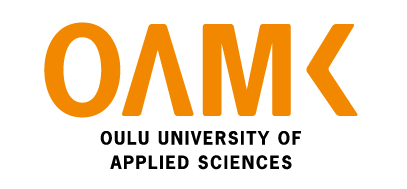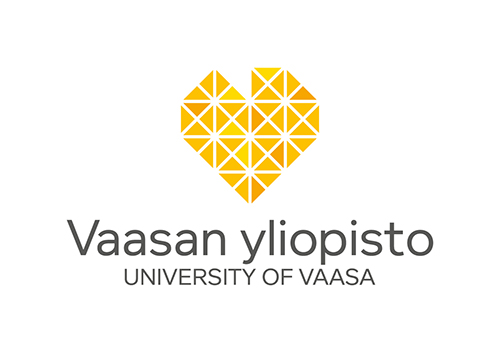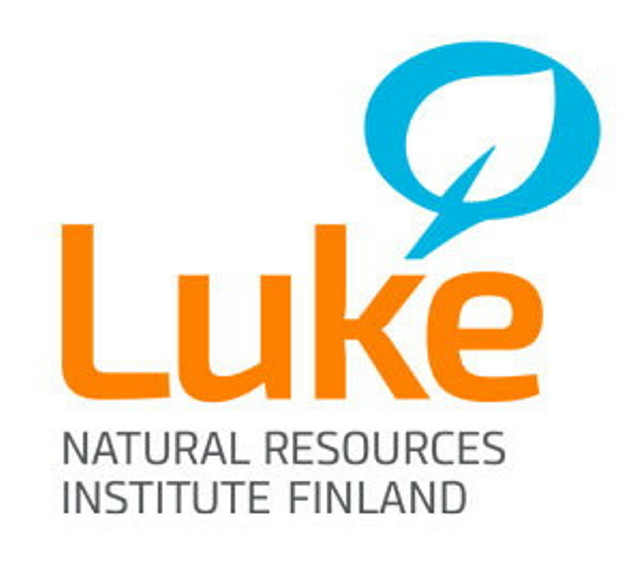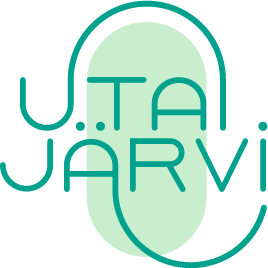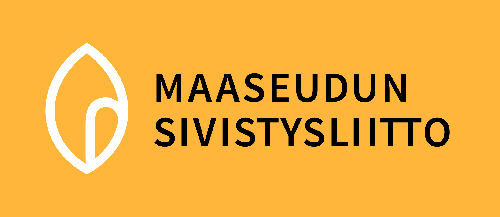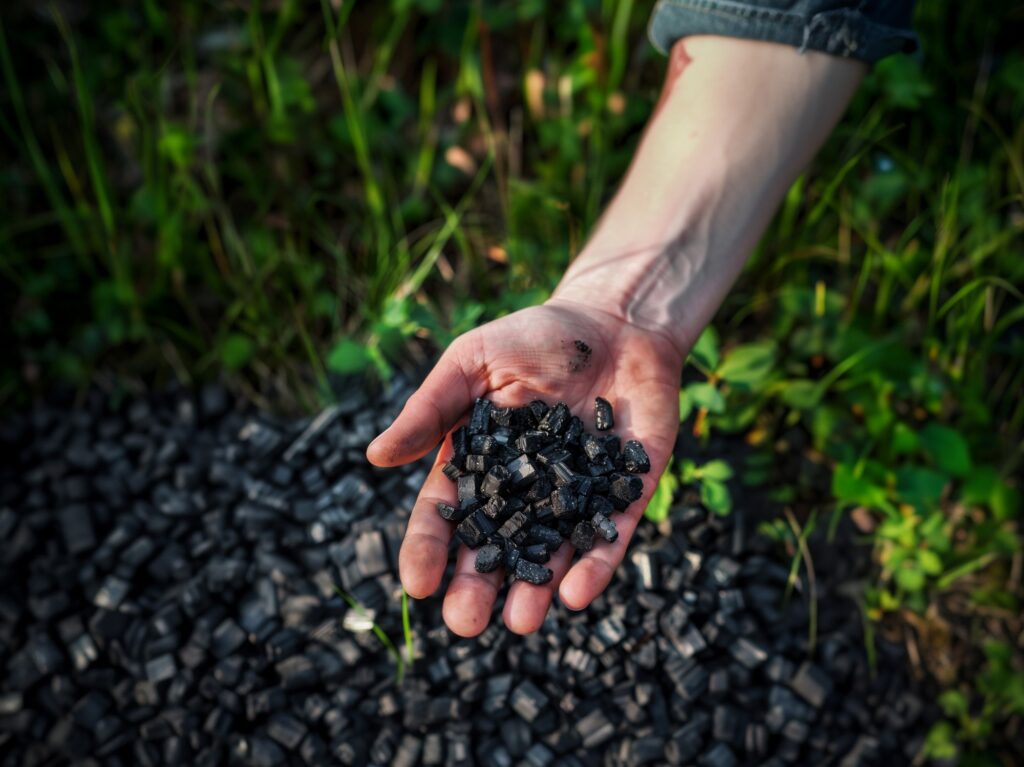
Versatile Uses of Carbon – Local Production in the Green Transition – The Era of Biochar (Biohiilen aika)
1 January 2024 - 31 December 2026
Agriculture and Forestry



The goal of the “Biochar Era” group project is to support the attractiveness of the region, create new business opportunities, and particularly impact agricultural greenhouse gas emissions by creating new soil carbon stocks.
Objectives
The production of biochar from various raw materials has been investigated in many studies, but a cost-effective biochar production chain and practical experiences are lacking for biochar to function more widely as a carbon sink in land use, enhancer of nutrient recycling, supporter of environmentally sound farming, and in many other applications.
The project has multifaceted objectives aimed at reducing human-induced environmental burdens and creating new business opportunities, especially in former peat production areas.
The main objective of the project is to promote knowledge based on previous research, experiments, and project work on biochar production and usage as a means to reduce greenhouse gas emissions from land use in agriculture, landscaping, and environmental management, as well as to create new business opportunities. Another main objective of the project is to explore how former peat production areas and peatlands that are not suitable for restoration can be utilized in biochar production and usage.
Actions and Results
The project will develop biochar production, products, and usage possibilities through multidisciplinary collaboration.
The project will generate new and valuable information about various aspects of the biochar value chain, business opportunities, and new products. This information will be disseminated to stakeholders through publications, reports, workshops, field visits, and advice provided to small and medium-sized enterprises.
Funding and Collaboration
The “Versatile Uses of Carbon – Local Production in the Green Transition (Biochar Era, Biohiilen Aika)” project is a three-year interregional group project co-funded by the European Union. The lead implementer is the University of Oulu. Oulu University of Applied Sciences, University of Vaasa, Natural Resources Institute Finland, Utajärvi Municipality, and the Rural Education and Culture Association participate in the implementation. The funding has been provided by the Council of Oulu Region, the Regional Council of Ostrobothnia, and the Oulu Innovation Alliance.

